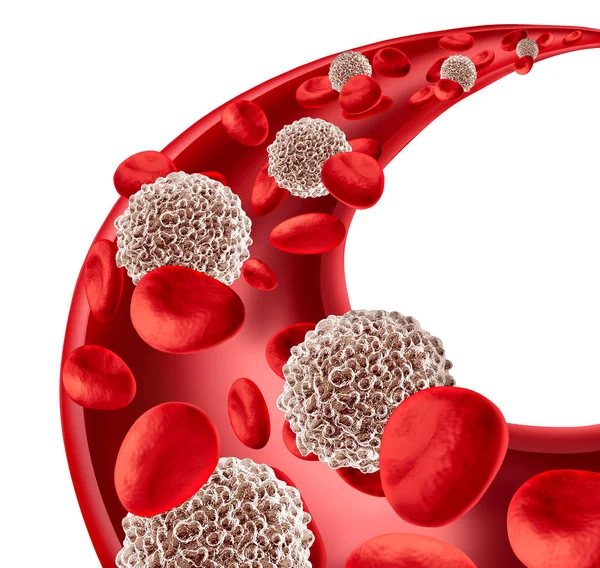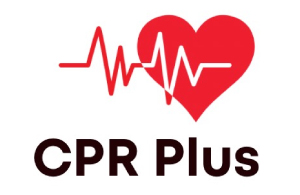Bloodborne Pathogens Training at CPR Plus
In healthcare settings and other workplaces, there’s a potential risk of exposure to bloodborne pathogens. These are microscopic organisms, such as viruses or bacteria, that can be transmitted through contact with contaminated blood or bodily fluids. Understanding how to prevent exposure and follow proper safety protocols is crucial to protect yourself and others.
CPR Plus offers a comprehensive Bloodborne Pathogens training course designed to equip you with the knowledge and skills to minimize risk and respond appropriately in the event of an exposure.
This course is essential for healthcare workers, first responders, childcare providers, and anyone who may encounter blood or bodily fluids as part of their job duties.
Our experienced instructors, most of whom are EMTs or Paramedics, will guide you through a comprehensive training session covering essential topics such as:
- Understanding bloodborne pathogens
- Standard precautions
- Personal protective equipment (PPE)
- Safe work practices
- Responding to exposure incidents

CPR Plus’ Bloodborne Pathogens training goes beyond simply meeting regulatory requirements.
We are committed to creating a supportive learning environment where you can ask questions, clarify complex topics, and gain the confidence to protect yourself and others in the workplace. Investing in this training demonstrates your commitment to workplace safety and ensures you have the knowledge and skills to navigate potentially risky situations effectively.
Enroll in our Bloodborne Pathogens training course today! Contact us or schedule your training and gain the peace of mind that comes with being prepared.
Contact us to get started
We are committed to exceeding your expectations and are proud to offer same-day appointments for emergencies and travel to your location for group training.
Contact us to get started!




